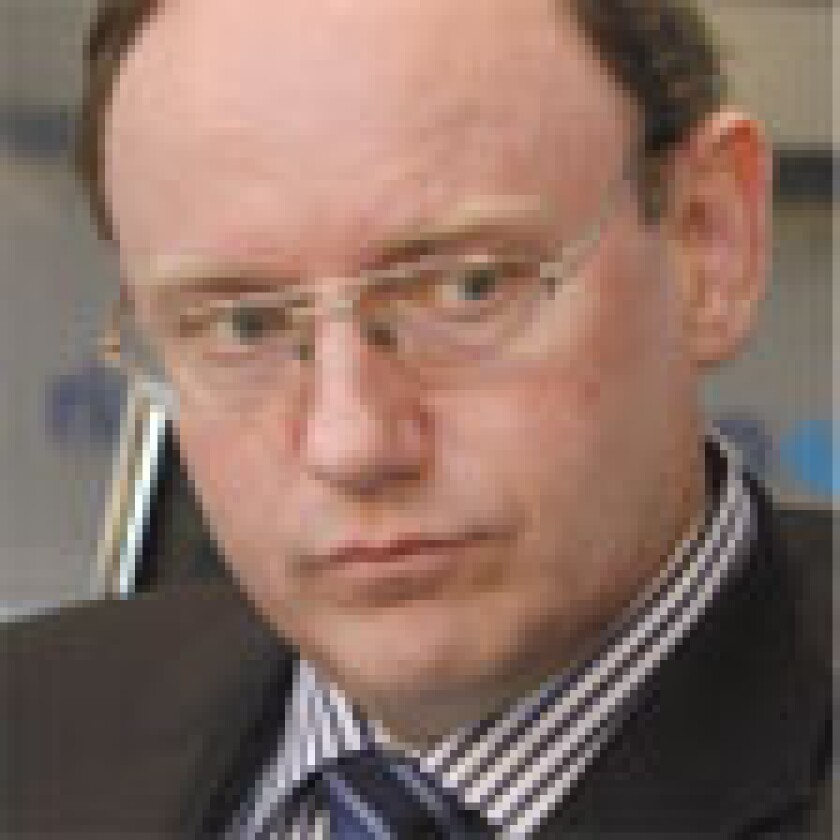Rebuilding Russia’s domestic capital markets and banking system is a precondition for economic recovery, senior market participants have warned.
Johann Jonach, Chairman and CEO of Alfa Bank, one of the largest private-sector banks, said that the situation had “much improved” in recent months.
“Blue chip stocks are back to, or close to, their pre-crisis levels, although of course the main factor here is the oil price,” Jonach told Emerging Markets.
“We are not back to the high volumes we had on the stock exchanges, although there has been an uptick in the first quarter. Inflation is coming under control, which is very important. And there has been a significant revaluation of the rouble.”
Jonach acknowledged that the banks’ task in stimulating economic recovery was a difficult one. “Banks have to play their traditional role, to support business, but there is far too little initiative.
“They have become far more conservative, focusing only on lower-risk borrowers. And this will not take the economy forward.”
Interest rates are falling, and the central bank has cut the repo rate to 8%, its lowest ever. “This, together with a significant reduction in inflation, makes a big difference,” Jonach said. “But there is more to be done.”
Small and medium-sized enterprises account for only 20% of GDP in Russia. Jonach said this was “far, far too low, compared to central and eastern Europe for example”. Although efforts were now being made by authorities to boost lending to SMEs – guarantee funds supported by regional governments, for example – these need to be stepped up.
Jonach added that, as for the business environment more generally, government has now recognised that “combating corruption and creating a level playing field are the first priorities” – but said he was “under no illusion” about the difficulties of moving from declarations to action. “It’s a monumental task.
Chris Weafer, strategist at Uralsib Bank, told Emerging Markets said that Russia would never boom without bringing into play long-term sources of local-currency finance such as pension funds.
“One of the real shocks of the 2008 crisis was its effect on domestic capital markets”, he said. “The fall in oil prices was expected, but the extent to which the Russian financial system is effectively offshore was an ‘unknown unknown’.”
Both trading volumes and total market capitalisation of Russia’s domestic markets are still a fraction of pre-crisis levels, Weafer pointed out. The RTS index stood at around 1370 this week, having dipped slightly from April highs of around 1650 – far from the 2500 it reached in May 2008 before the crash.
Weafer said that, once state ownership and business groups’ illiquid holdings were taken into account, less than 30% of the market capitalisation is in free float.
“The key for Russia is to establish a capital base, a strong pool of domestic long-term money. Sorting out pension fund reform is an absolute necessity.”
